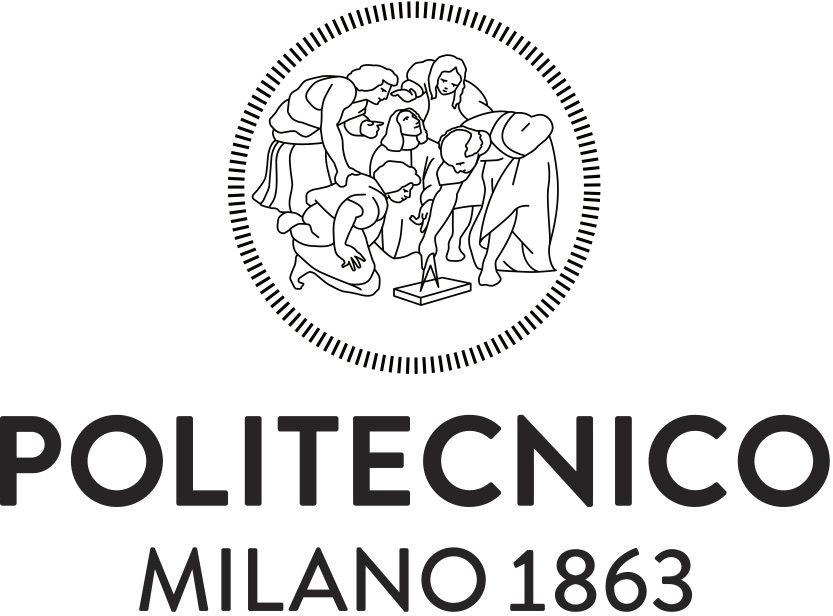Social networks are huge continuous sources of information that can be used to analyze people's behavior and thoughts. Our goal is to extract such information and predict political inclinations of users. In particular, we investigate the importance of syntactic features of texts written by users when they post on social media. Our hypothesis is that … Continue reading Content-based Classification of Political Inclinations of Twitter Users
Category: data science
Brand Community Analysis using Graph Representation Learning on Social Networks – with a Fashion Case
We exploit the network that builds around the brands by encoding it into a graph model. We build a social network graph, considering user nodes and friendship relations; then we compare it with a heterogeneous graph model.
A sneak peek at the European Union Ethics Guidelines for AI
A few days ago, politico.eu published a preview of the document that the European Union will issue as guidance for ethical issues related to artificial intelligence and machine learning. The document was written by the High-level Expert Group on Artificial Intelligence, appointed by the European Commission. This advanced version of the document is available online now … Continue reading A sneak peek at the European Union Ethics Guidelines for AI
Improving Topic Modeling with Knowledge Graph Embeddings
Topic modeling techniques have been applied in many scenarios in recent years, spanning textual content, as well as many different data sources. The existing researches in this field continuously try to improve the accuracy and coherence of the results. Some recent works propose new methods that capture the semantic relations between words into the topic … Continue reading Improving Topic Modeling with Knowledge Graph Embeddings
Possible Theses in Data Science
Here is a presentation that summarizes some of the relevant topics currently available for theses within the Data Science Lab under my supervision. [slideshare id=133615547&doc=brambilla-datascience-thesis-proposals-feb2019-190227221103] Feel free to get in touch in case you are interested.
Predictive Analysis on U.S. Midterm Elections on Twitter with RNN
We implemented an RNN-based analysis that aim to gauge local support for the two major US political parties in the 68 most competitive House of Representative districts during the 2018 U.S. mid-term elections.
Crash Course in Data Science at PoliMi
a "nighttime" multidisciplinary interactive course that introduces data science concepts, methods and use cases
Data Cleaning for Knowledge Extraction and Understanding on Social Media
Social media platforms let users share their opinions through textual or multimedia content. In many settings, this becomes a valuable source of knowledge that can be exploited for specific business objectives. Brands and companies often ask to monitor social media as sources for understanding the stance, opinion, and sentiment of their customers, audience and … Continue reading Data Cleaning for Knowledge Extraction and Understanding on Social Media
Iterative knowledge extraction from social networks
Our motivation starts from the fact that knowledge in the world continuously evolves, and thus ontologies and knowledge bases are largely incomplete. We explored iterative methods, using the results as new seeds. In this paper we address the following research questions: How does the reconstructed domain knowledge evolve if the candidates of one extraction are recursively used as seeds? How does the reconstructed domain knowledge spread geographically? Can the method be used to inspect the past, present, and future of knowledge? Can the method be used to find emerging knowledge?
How Fashionable is Digital Data-Driven Fashion?
FaST – Fashion Sensing Technology - is a project meant to design, experiment with, and implement an ICT tool that could monitor and analyze the activity of Italian emerging Fashion brands on social media.





